As the war in Gaza continues to have global repercussions, a mob in the southern Russian city of Makhachkala stormed their local airport, after news spread that a flight from Tel Aviv was due to land. Beyond the heightened passions of Muslims around the world, this incident also demonstrates the particular challenges for multi-ethnic Russia.
Tensions in the predominantly Muslim regions of the North Caucasus had been rising in recent days. Last week, there was an arson attack on a Jewish center under construction in Nalchik, capital of Kabardino-Balkaria. On Saturday, a rally in Cherkessk, capital of the Karachayevo-Cherkessia, demanded that residents of Israel be banned from entry into the region, while another in the Dagestani city of Derbent responded to rumors that refugees from Israel were being resettled in local hotels.
The Makhachkala incident was the worst yet. A mob of hundreds, chanting anti-Semitic slogans and waving Palestinian flags, stormed the airport, blocking the runway. Some began checking passengers’ passports to see if they were Israeli. After a brief period of paralysis, the authorities responded with vigor. The airport was closed, communications in the area were jammed and the National Guard riot police were deployed. In the ensuing violence, more than twenty people were injured, including nine police officers, and sixty protesters were detained. Other arrests are likely to follow, as the police use facial-recognition software to scour CCTV footage from the airport. Alexander Bastrykin, head of the national Investigative Committee has personally taken over the case.
Local officials have been trying to walk a delicate line between alienating local Muslim sentiment in the turbulent North Caucasus and doing anything to stir up further inter-ethnic violence. A mealy-mouthed statement from the local authorities, for example, had said that while “it is not easy for each of us to stand and watch the inhumane massacre of a civilian population, the Palestinian people… Still, we urge residents of the republic not to succumb to provocations of destructive groups and not to create panic in society.”
But this incident may force them — and Moscow — to take a stronger line. In part, this is because of the potentially dangerous impacts of inter-ethnic violence, largely driven by Muslim extremism. Russia has a dark history of pogroms against its Jewish population, but attitudes have genuinely been changing in recent years. Indeed, one has to recognize that Putin himself has — despite some recent slips — largely stood firmly against societal anti-Semitism. The state-affiliated Coordination Center of Muslims of the North Caucasus had already said calls for attacks on Jews are “contrary to the spirit of the Islamic religion and the traditions of the peoples of the North Caucasus. Anti-Semitism has no place in the multinational North Caucasus.”
The other is the degree to which this issue is being weaponized. Ukrainian president Volodymyr Zelensky quickly turned it into a propaganda point, blaming the incident on what he called Russia’s “widespread culture of hatred toward other nations.” Conversely Sergei Melikov, head of the Dagestan Republic, has suggested that the violence was instigated by Ukraine. Although there is no evidence of any Ukrainian state role, the Utro Dagestan Telegram channel, which spread rumors of the arrival of Israeli refugees and has since doubled down in support of the riot, has been seized on by Melikov, who claimed to have “absolutely reliable, open information that the Utro Dagestan channel is run from the territory of Ukraine by traitors.”
He was presumably referring to the former Russian parliamentarian, Ilya Ponomarev, who is now based in Kyiv and an outspoken enemy of the Kremlin. As well as being affiliated with the grandiosely-named Freedom of Russia Legion, a unit of Russians fighting for Kyiv, he has also admitted to connections with individuals staging terrorist attacks inside Russia. He certainly had links to protests in Dagestan and previously acknowledged providing support for Utro Dagestan, although he has more recently claimed that he has had no connections with the channel since autumn of last year.
Of course, it suits Moscow to paint the protests as the result of sinister Ukrainian machinations just as much as it suits Kyiv to use them to demonize Russia as a land of prejudice and hate. Nonetheless, the Kremlin clearly fears that rising Muslim violence will not only further complicate its relationship with Israel but also risks destabilizing the North Caucasus. It also fears that Ukrainian allies and intelligence agencies, which have already demonstrated their willingness to commit acts of sabotage and subversion within Russia’s borders, have little reason not to exacerbate this problem. This makes the crisis a serious security issue.
The Russian authorities are not sweeping this under the carpet. It is a lead story in the government media and Bastrykin’s personal involvement attests to its significance. Melikov claims that the riot was “a knife in the back to our military personnel, who today are defending our entire country in the special military operation” in Ukraine, such that “those who came out to the so-called protest rally yesterday were playing for the enemy.” This statement has been given considerable coverage, another signal that the mob’s actions will be treated more as treason than mere disorder.
After all, not only is the Russian Federation home to the largest Muslim population in Europe, accounting for perhaps 10 percent of its total population, this share is growing given the disproportion between birth rates. Muslims are also disproportionately heavily represented within the military, given both the number of young Muslim men and the poverty of many of their home regions. At a time when Russia’s armed forces are committed in Ukraine, and the future stability of Chechnya is in doubt given rumors about the poor health of local warlord Ramzan Kadyrov, anything that risks bringing greater turbulence to the region is a nightmare for the Kremlin.
This article was originally published on The Spectator’s UK website.



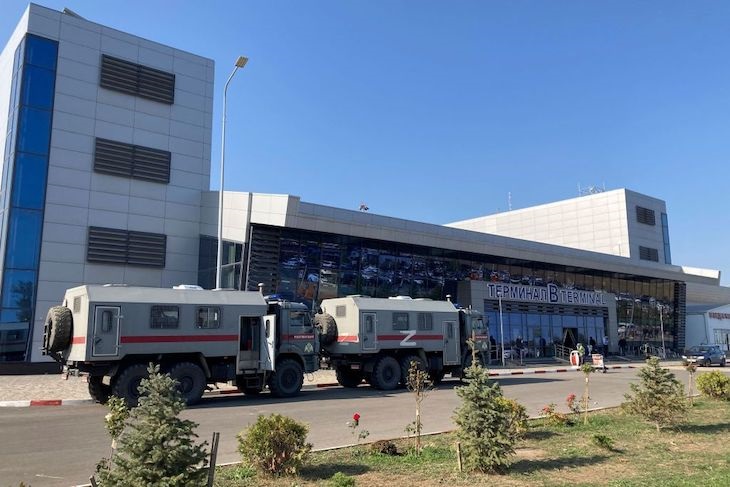






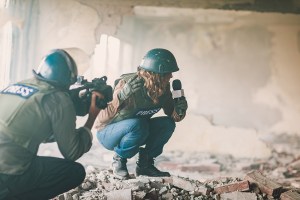

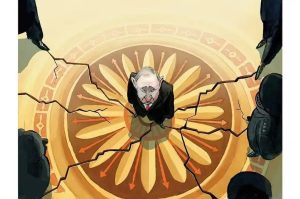



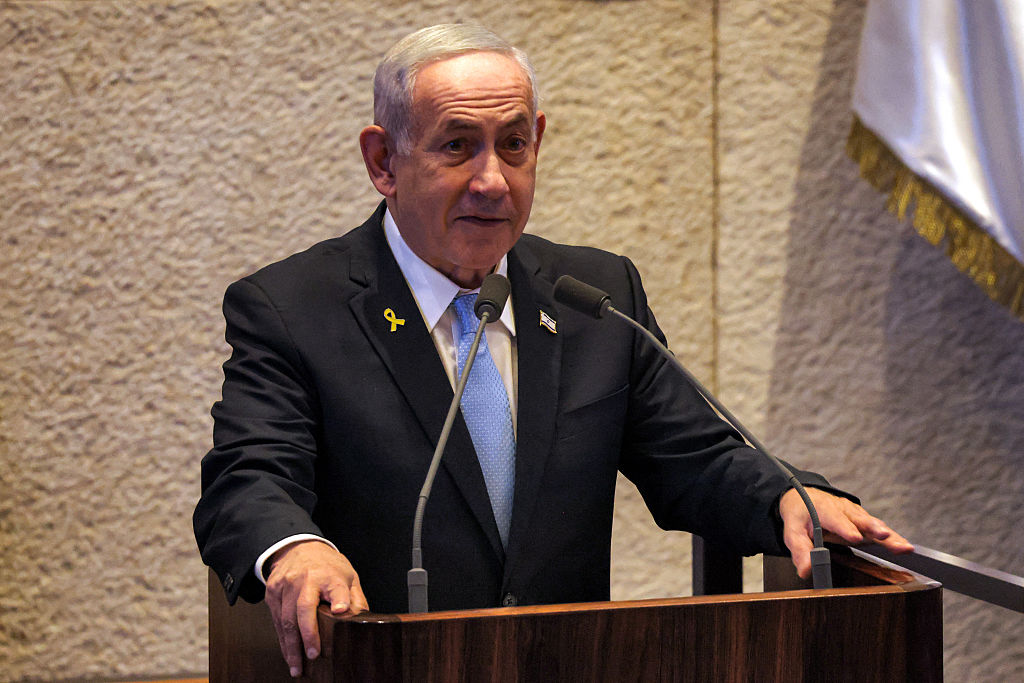
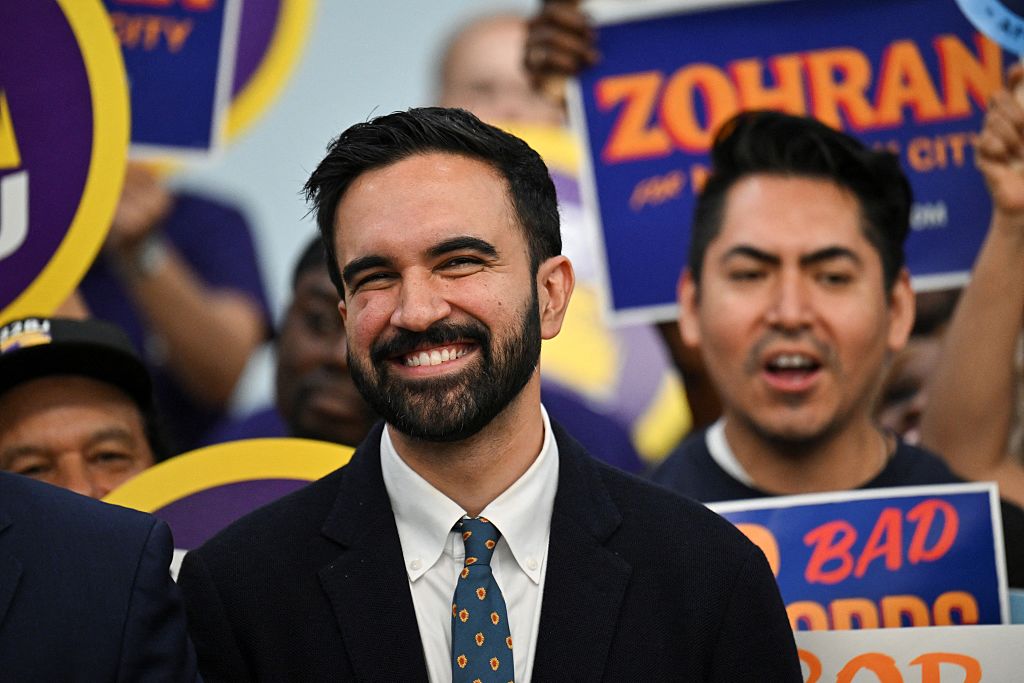
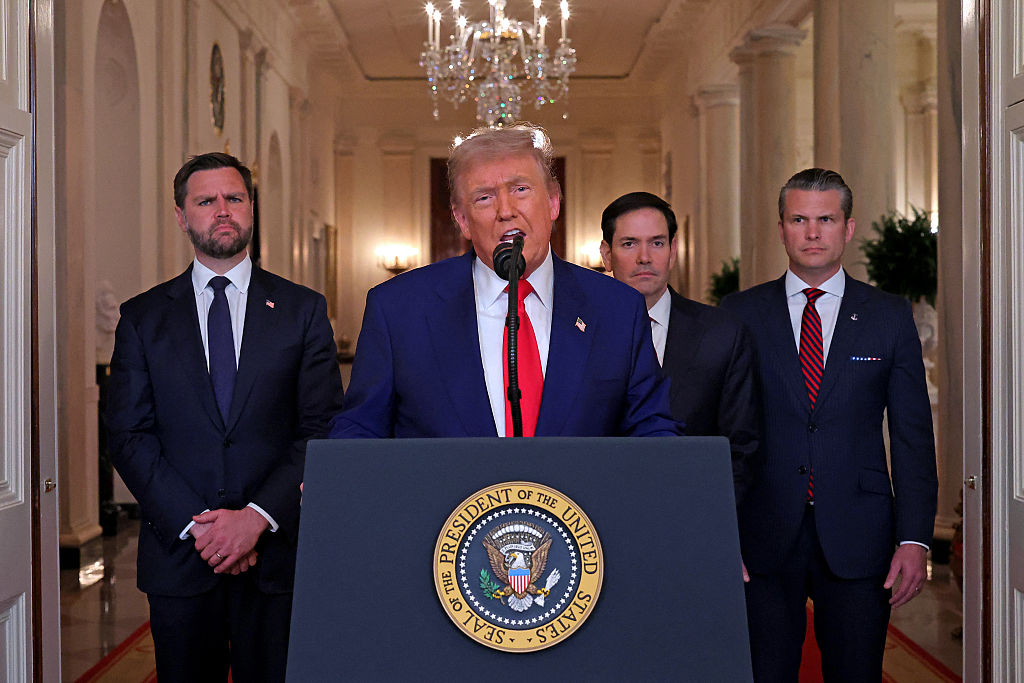







Leave a Reply